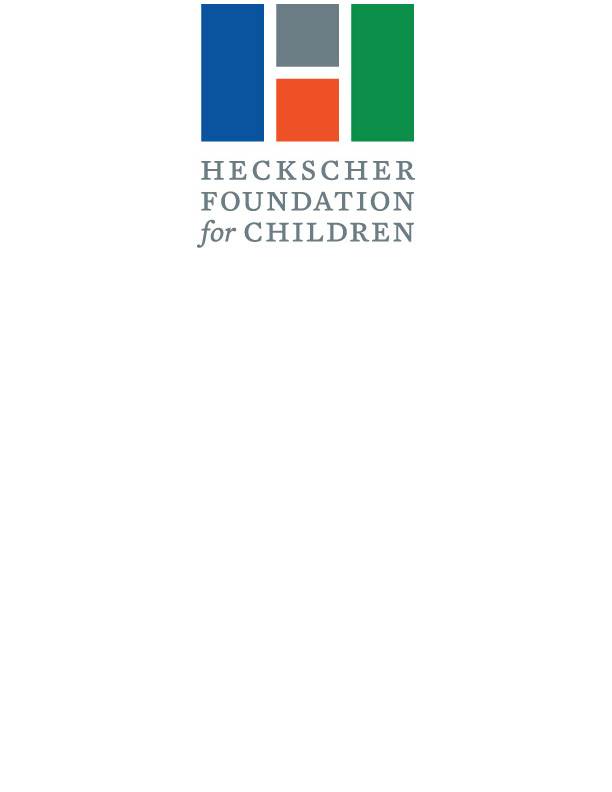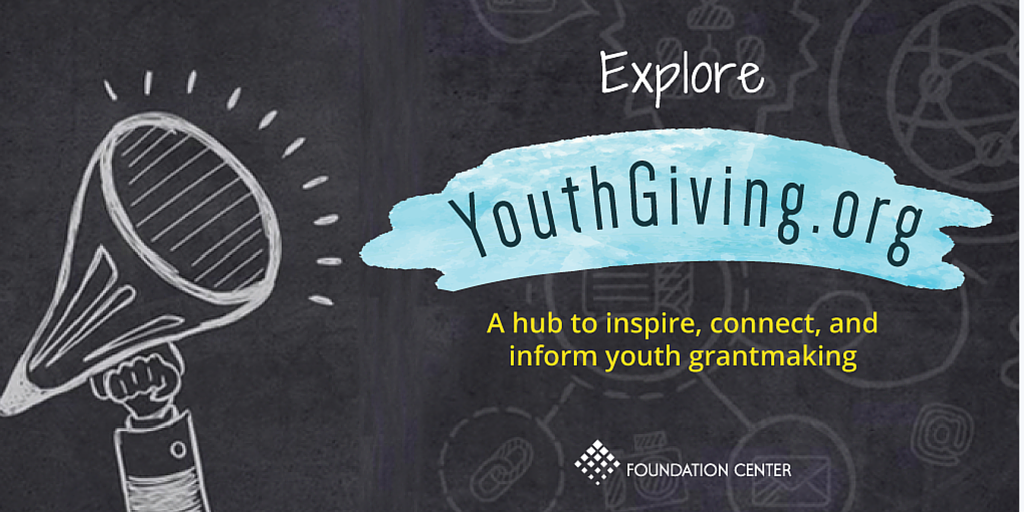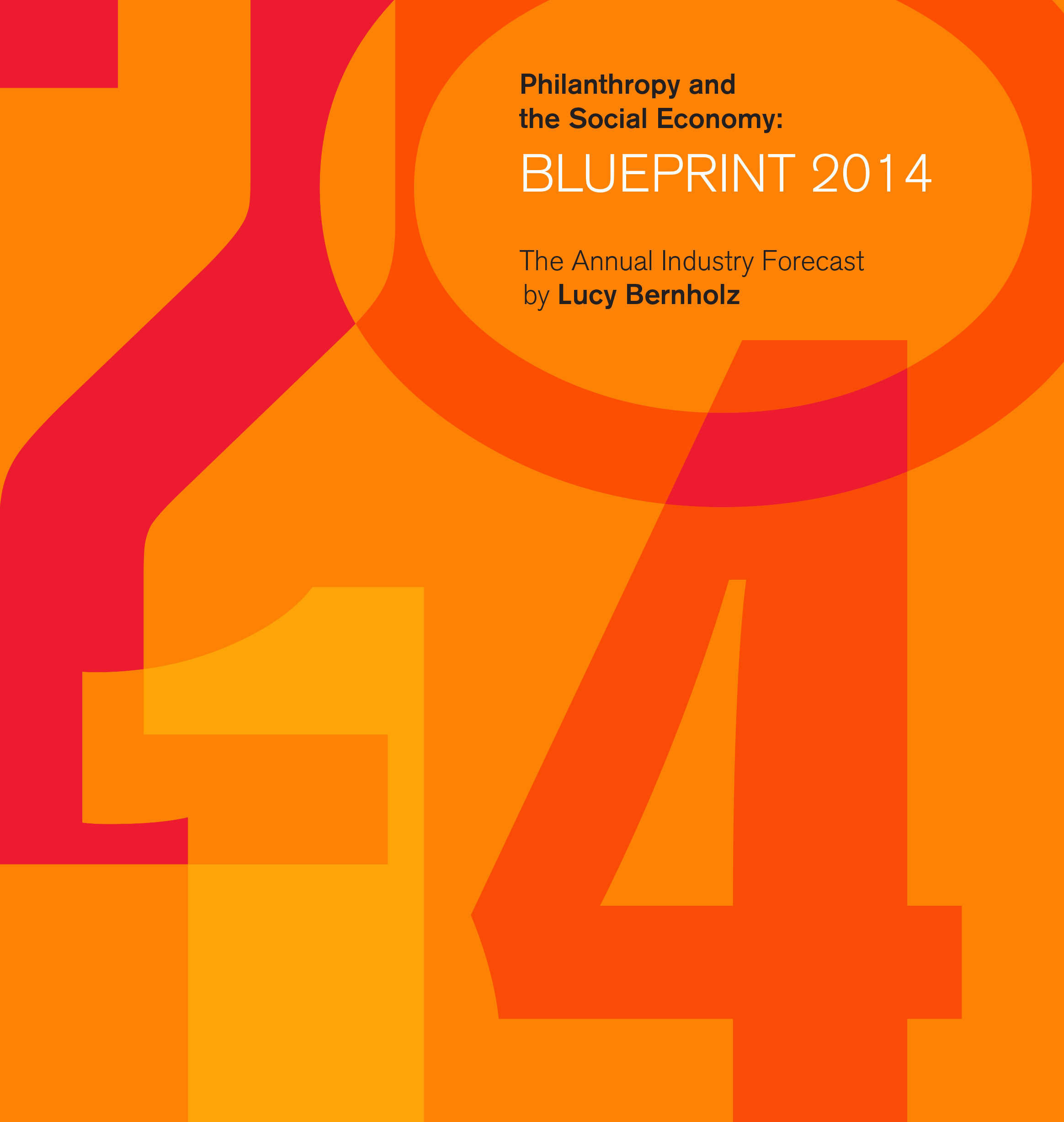Funder’s Forum: The Bella Vista Foundation A conversation with Mary Gregory
The Bella Vista Foundation, based in San Francisco, makes grants that focus on increasing parents' and caregivers' ability to cope with stress as early as possible in a child's life and on protecting, restoring, and revitalizing high priority watershed ecosystems in California and Oregon. The Foundation Center asked Mary Gregory, executive director of the foundation:
[Question] How did Bella Vista Foundation come to support infant development, and what particular strategies have you found helpful in effecting sustainable change?
[Answer] “In 1999, the foundation started out by funding youth programs of all kinds. Our board president, Bob Kirkwood, had worked for Hewlett Packard (HP) where he was active in their grantmaking decisions; HP funded pre-school programs that supported school readiness. He decided that that wasn’t reaching children early enough. Bob learned that some children come to school ready to learn and some don’t, and poverty has something to do with this, but it’s not the whole story. As a foundation, we started talking to scholars and practitioners throughout the Bay Area and beyond about what they thought were the biggest factors in a child’s early life that could prepare them for school. We began to focus on social and emotional development, and the key to that is healthy attachment to the primary caregiver who is usually the mother.
“After conducting all this research, we came across one of the major factors that delay or disrupt attachment, and that is parental depression. We knew that we couldn’t fund therapy because it’s too expensive, so we decided to focus on funding support groups, particularly in communities where there’s a large immigrant population that often feels disconnected from the culture around them. The agencies we support help parents and caregivers by providing yoga classes, parenting classes, therapeutic support groups, and mindfulness training — all kinds of different ways to engage parents without saying it’s a mental health program. For the past 10 years, the Bella Vista Foundation has helped form collaborations between government agencies and nonprofits offering these types of programs in four counties in the Bay Area.
“It is very exciting to me to be part of this effort that actually sees a cause and a remedy, and where we’re trying to see if the remedy is effective. We have encouraged each of our grantees to do a theory of change, and we did offer a workshop this year with a consultant so they could get going on this process. We also offered mini grants for our grantees who wanted to follow up with her and do individual work on their theory of change. Six agencies took us up on that offer, and that seemed to be very effective. Creating a theory of change helps shift your mindset from looking at what you’re doing to asking yourself why you’re doing it, or to flip it and explore what end result you want and clarifying how to get there.
“We just implemented an online application process, and we’re going to add a form to the application that asks our grantees to set out their long-term and short-term goals and activities so that we can get them to understand that we’re not only interested in how many people they’re serving and how often, but how much those clients have changed. I’ve developed two matrices that are on the website. One shows several ways you can measure children’s social and emotional development and healthy attachment between parent and child. And then there’s another matrix of how you measure levels of anxiety and depression.
“The board understands both how long this work takes and that incremental changes happen year to year. We don’t make multi-year grants, but we do stick with agencies for a long time. We’re going on 11 years with some of them now. We have really wonderful and personal relationships with people who work for our grantee organizations, and they know that we’re on their side, and if we’re going to make a change they’ll get notice. As always, there may be less effective agencies, but they may be the only ones doing this type of work in a particular community, and therefore they’re important.”







